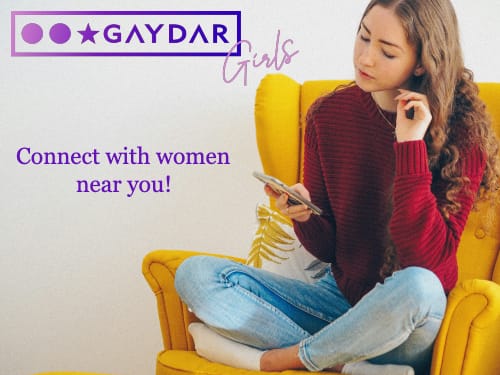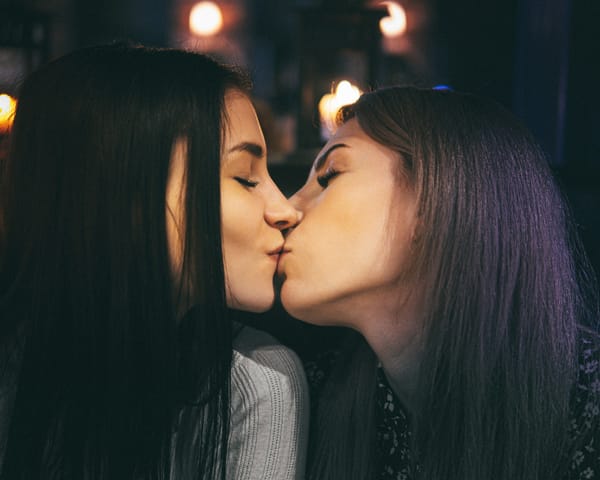Relationships complicate things for lesbians - in a weird way.
Research suggests that the perceptions of other people are influenced by our dating life.

Research published in The Journal of Social Psychology suggests that whether a queer woman is in a relationship or single shapes how others perceive them.
Researchers surveyed 939 heterosexual-identifying undergraduate students at a large southeastern university, asking them about a fictional fellow student with the name “Mark” or “Mary.” Participants were given small details about the hypothetical student, such as “currently in a steady romantic relationship” or “currently single but interested in dating,” then asked to assess their likability.
One of the insights from the research was that relationship status had a different impact on likability depending on the gender of the fictional fellow student.
According to the researchers, straight women were more likely to avoid single lesbians, showing more comfort around those in committed relationships, out of fears of perceived unwanted sexual advances. Conversely, straight men were more likely to distance themselves from lesbians in a relationship and more likely to spend time with single lesbians, likely influenced by the fantasy that the women might be sexually available or interested in them.
While heterosexual men were more likely overall to avoid gay men based on their sexual orientation, neither heterosexual women nor men reported distancing themselves from gay men based on their relationship status. Both groups were more likely to distance themselves from lesbians specifically because of their relationship status, but for different reasons.
"Women are responding to a perceived threat. Men are responding to a perceived opportunity..." explained Corey L. Cook, author of the report.
According to Cook, the report highlights perceptions of desired or undesired sexual interest. This influences behaviour, as society has intertwined social identity or sexual identity with being single or being coupled.
"What we're focusing on are perceptions of threats or opportunities attributed to other people based on the stereotypes of their groups..." explains Cook. "Because when we're interacting with people that we don't know, we use the information that's readily available, and stereotypes just give us super quick information that we can make a fast judgment of. And unfortunately, our brains are calibrated to respond much stronger to threat related information."
"Where the research is interesting for me, is thinking, 'Okay, here is an otherwise well-meaning person. What are the circumstances in which they might act prejudiced or where they might act on stereotypes?'" added Cook. "Because we all know them, and whether you believe them or act on them is usually what the key difference is. You just have to have the cognitive capacity to think around them."






